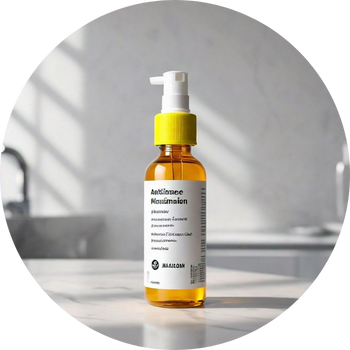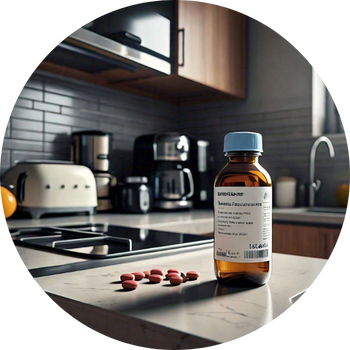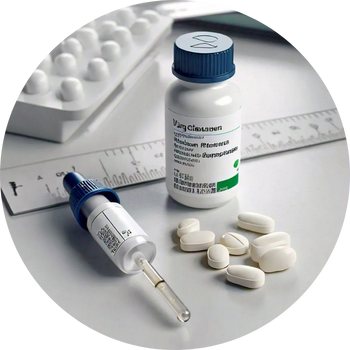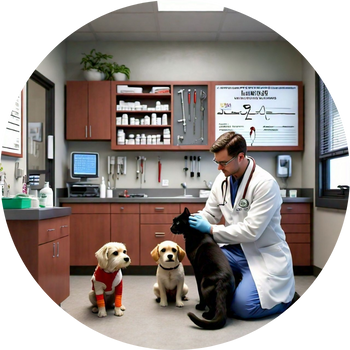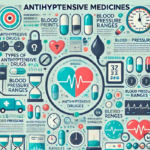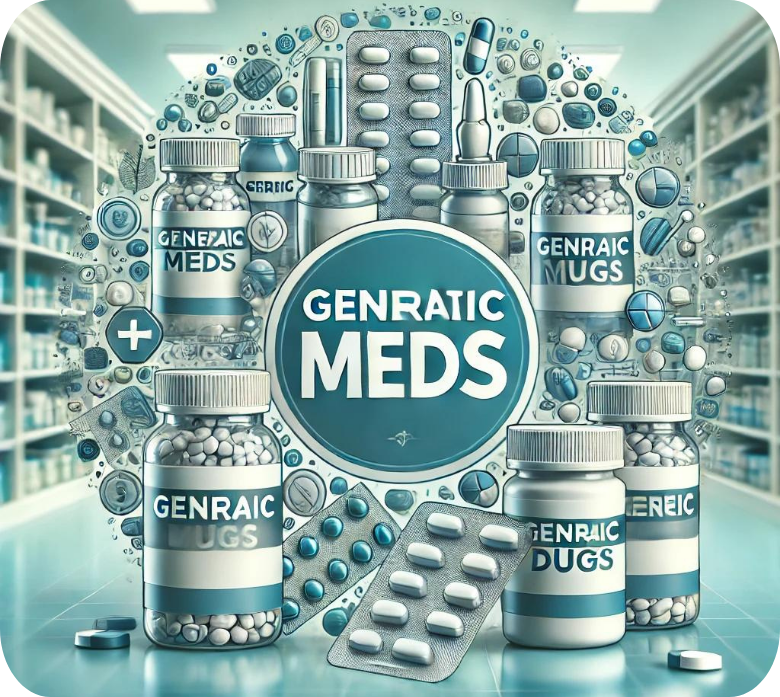Introduction
In the landscape of healthcare, the availability of medications is crucial for the effective treatment of various conditions. While brand-name drugs are widely recognized, generic drugs are often the unsung heroes that provide accessible and affordable care to millions. These medications, which include generic medicines, generic amphetamines, and drugs used to treat blood pressure, are identical in composition, strength, and performance to their branded versions but come at a fraction of the cost. Understanding the role of generic pharmaceuticals is essential for both healthcare professionals and patients, as they ensure that essential treatments are within reach for everyone.
"Generic drugs: The affordable path to quality healthcare for everyone."
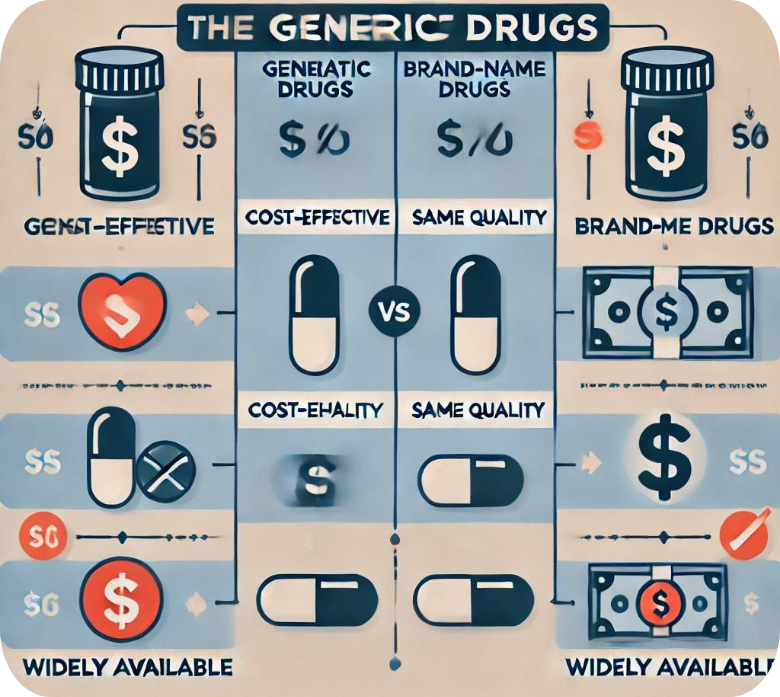
1. What Are Generic Drugs?
Generic drugs are pharmaceutical products that contain the same active ingredients, dosage form, strength, route of administration, and therapeutic efficacy as their brand-name equivalents. The U.S. Food and Drug Administration (FDA) ensures that generic medicines meet rigorous standards before they are approved. Common generic medications, such as those used for managing blood pressure or treating mental health conditions, provide the same health benefits as their branded counterparts but at a reduced cost, making them an essential component of healthcare.
2. The Importance of Generic Medications in Healthcare
Generic meds are crucial for maintaining the affordability and accessibility of healthcare. They enable patients to access essential treatments without the financial burden often associated with brand-name drugs. For chronic conditions like hypertension, where long-term medication is required, the availability of generic drugs can significantly reduce the overall cost of treatment. Generic products are also vital in developing countries, where cost is a major barrier to accessing necessary medicines.
3. Generic Drugs in Veterinary Medicine
Veterinary generic medicines play a similar role in animal healthcare as they do in human healthcare. These drugs provide effective treatments for a variety of conditions in animals, from common infections to chronic diseases. The availability of generic products in veterinary medicine helps to reduce the cost of animal care, making treatments more accessible for pet owners and livestock managers alike.
4. Case Study: Generic Drugs for Blood Pressure Management
Hypertension is a common yet serious condition that requires ongoing management to prevent complications like heart disease and stroke. Generic drugs used to treat blood pressure, such as those in the antihypertensive category, are just as effective as their brand-name counterparts. Medications like generic amlodipine and lisinopril are widely used to bring down blood pressure and are a testament to the efficacy and importance of generic medicines in managing chronic conditions.
5. Conclusion
Table of Contents:
- 1. What Are Generic Drugs?
- 1 . 1 Definition and Overview
- 1 . 2 The Approval Process for Generic Pharmaceuticals
- 1 . 3 Common Misconceptions About Generic Medicines
- 2. The Importance of Generic Medications in Healthcare
- 2 . 1 Cost-Effectiveness and Accessibility
- 2 . 2 The Role of Generic Meds in Treating Chronic Conditions
- 2 . 3 Examples of Common Generic Medications
- 3. Generic Drugs in Veterinary Medicine
- 3 . 1 Overview of Veterinary Generic Medicine
- 3 . 2 Impact on Animal Health
- 3 . 3 Common Generic Products in Veterinary Care
- 4. Case Study: Generic Drugs for Blood Pressure Management
- 4 . 1 Overview of Hypertension and Its Risks
- 4 . 2 Drugs Used to Treat Blood Pressure
- 4 . 3 The Efficacy of Common Generic Drugs in Managing Hypertension
- 5. Conclusion: The Future of Generic Pharmaceuticals
- 5 . 1 The Growing Role of Generic Products
- 5 . 2 Challenges and Opportunities
- 5 . 3 Final Thoughts on the Importance of Generic Medicines


